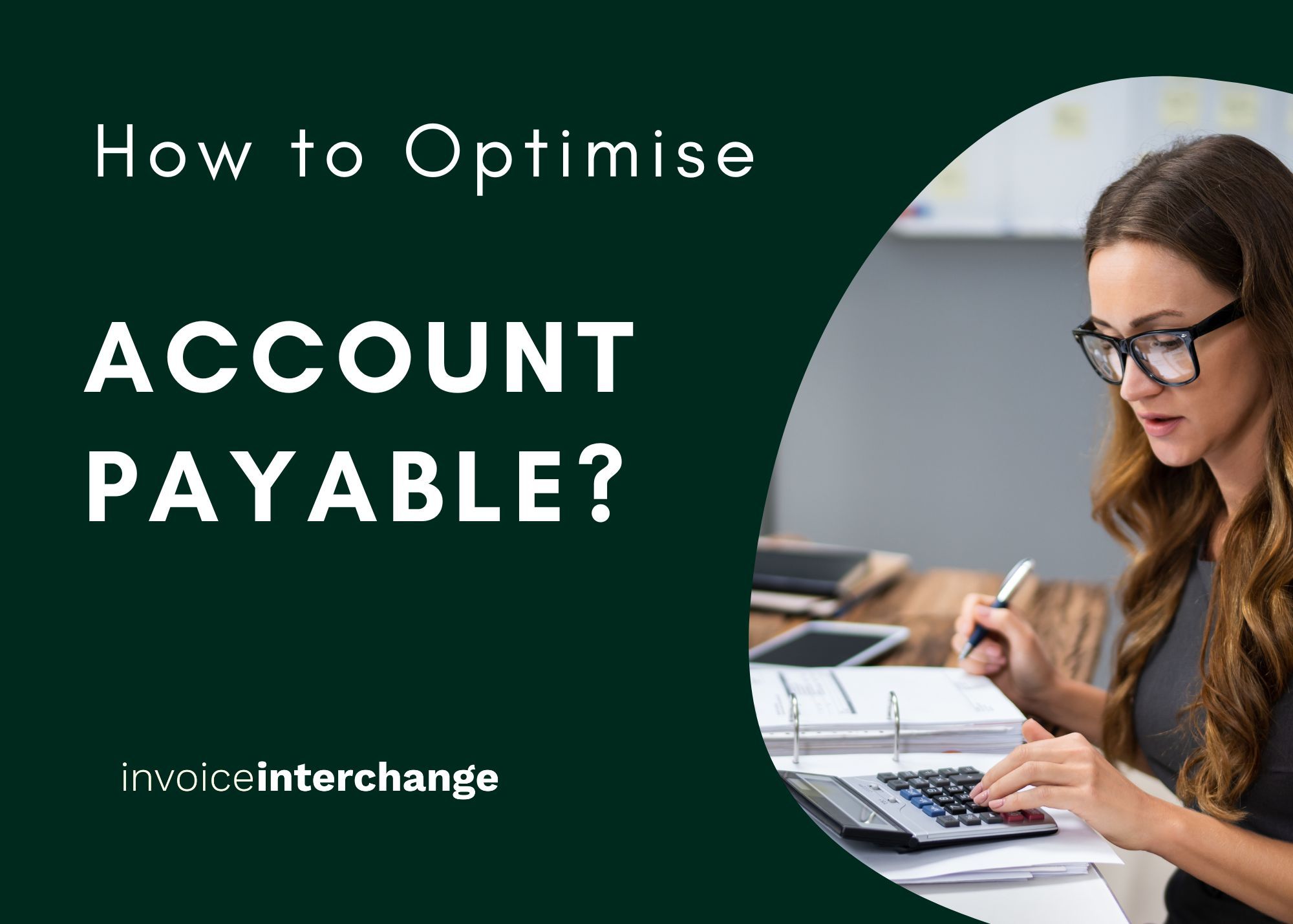
How To Optimise Accounts Payable
In our previous blog, we investigated Accounts Payable and the role it plays in your business’s financial performance. In this article, we will dive deeper into how to optimise Accounts Payable to support and strengthen your business performance, including cash flow.
Establish an internal process
To optimise the Accounts Payable function, first, we need to ensure that there is a process in place to manage all supplier contracts and invoices. This will allow your business to:
- Issue Purchase Orders in a timely manner and take advantage of any bulk buy discounts.
- Renew contracts in a timely manner to avoid any supply chain disruption.
- Make the most of any early payment discount in the event you are sitting on a cash surplus.
Integrated Accounts Payable process
Accounts Payable should not be treated as a standalone function. Instead, it should be integrated with the procurement team to ensure:
- Appropriate contracts are in place to make sure goods will be delivered on time and relevant penalties are applied to ensure supplier’s accountability.
- Provide support to negotiate longer payment terms.
- Communicate clearly and accurately on how and when the supplier can invoice as well as how and when they can expect to be paid.
Actively manage cash flow
Accounts Payable plays a key role in cash flow management and cash flow forecasting as it controls cash outflows. Having higher Accounts Payable may mean you may have more funds available to support business operations. A reduction in Accounts Payable means you may have paid off more of what you owe to your suppliers resulting in less cash being available for your business.
To optimise business cash flow, you could negotiate longer payment terms with your customers. The more cash you can hold on to, the stronger your cash flow. However, it should be noted that you should continue to pay your suppliers on time within the agreed payment terms and not be late. Late payment may result in penalties and more importantly a deterioration in the relationship with your supplier.
Related Articles

Unlocking Financial Success: How to Identify Your Business Cash Flow Cycle

Mastering Cash Flow Management: Strategies for Seasonal Fluctuations
